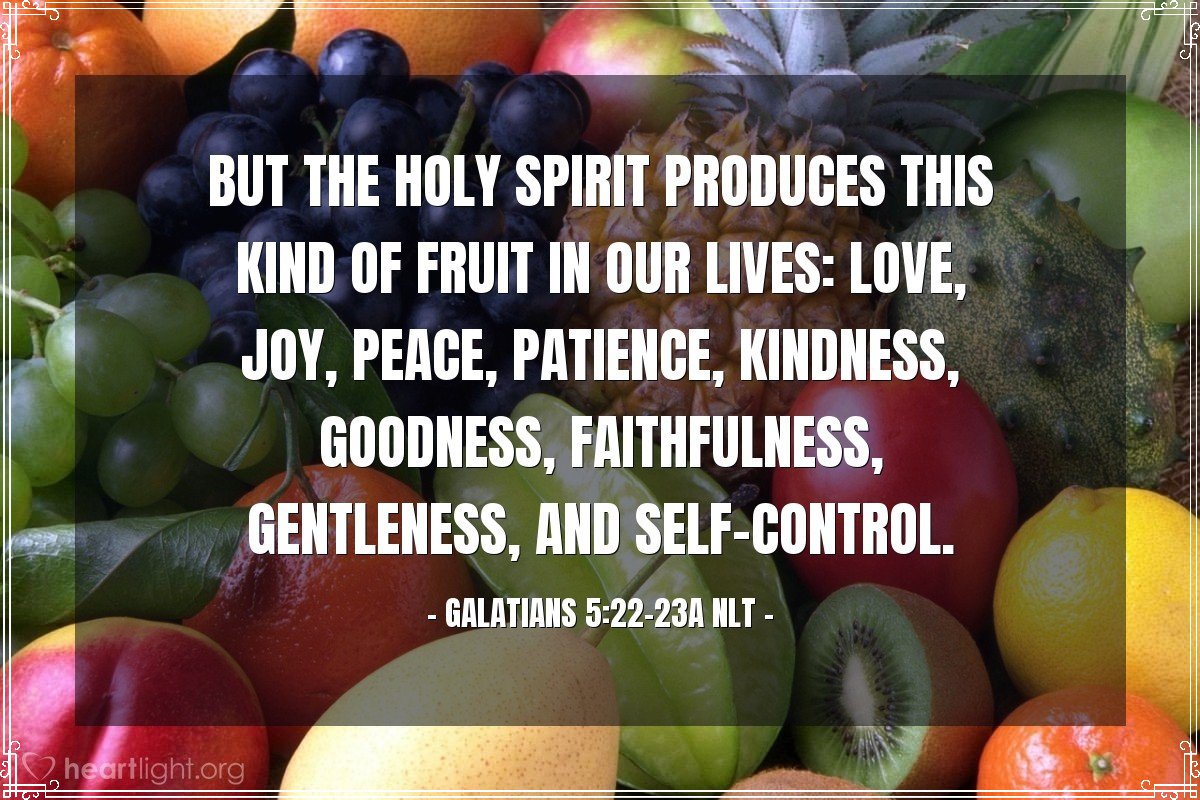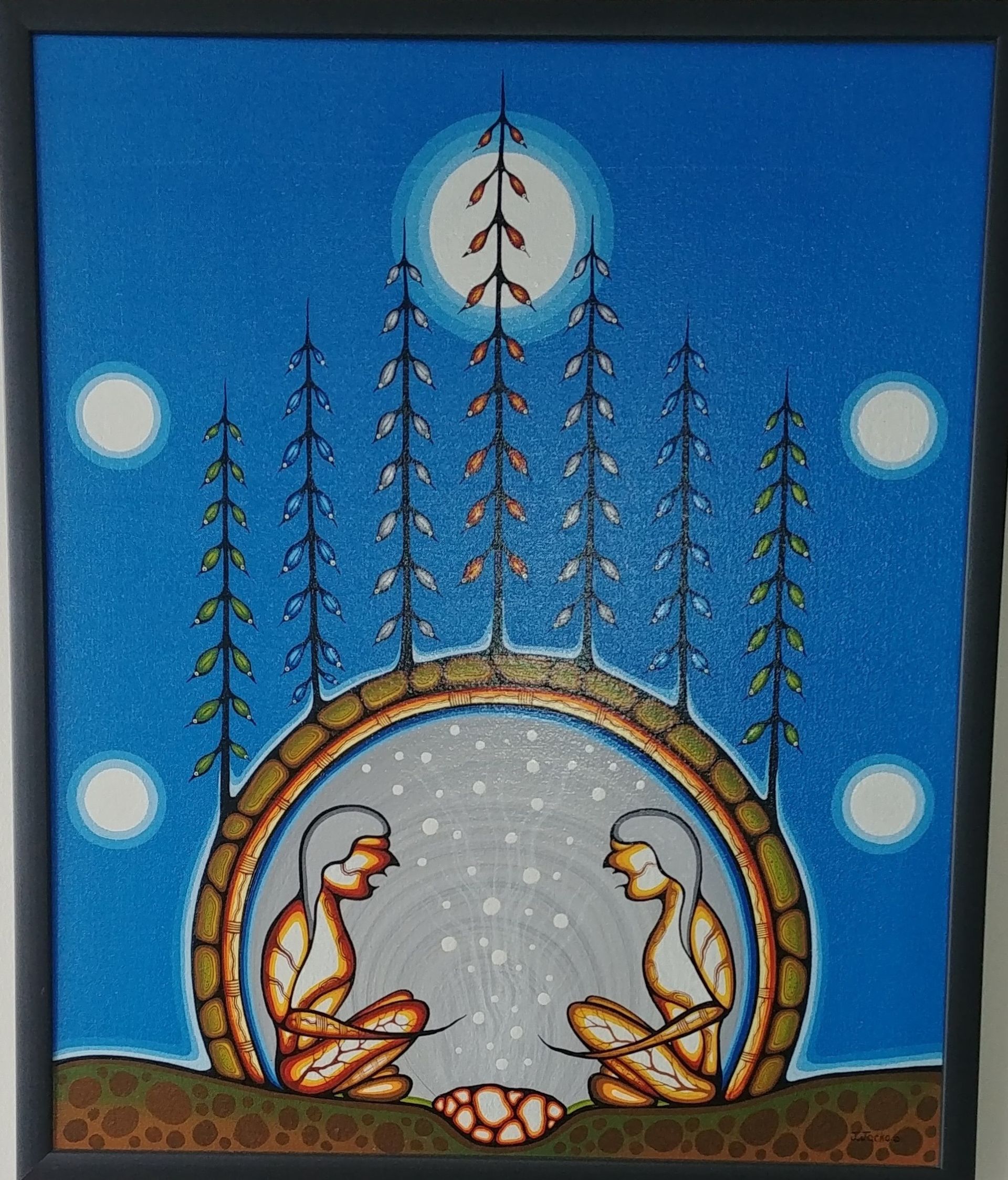A H Harry Oussoren • April 29, 2020
Recognizing the Presence of the Spirit - Series Post 7

Continuing the conversation "From Generation to Generation" with my father, Rev. Dr. A H (Arie) Oussoren (+1968) and his 1945 doctoral thesis for the Free University of Amsterdam, entitled William Carey - Especially His Missionary Principles. #7 in this series.
In her study of the United’s Church 20th century pilgrimage, “A Church with the Soul of a Nation,” (Montreal & Kingston, McGill-Queen’s University Press, 2014. P.143 f.) Phyllis Airhart observes that conservative evangelical circles in the denomination saw the reorientation “as a repudiation of efforts to convert the world to Christ: what was evangelism to them had been defined by the United Church as proselytism, and disparaged as such.” This continues to be a fundamental divide among Christians and between churches.
As indicated previously I have personally moved beyond this conservative evangelical position which was well-represented in my father’s dissertation. In that understanding, mission is an enterprise focused ultimately on conversion – Christianization: professed loyalty to Jesus Christ, expressed sacramentally in baptism and membership in the Christian Church. It assumes that individuals and groups of people in “non-Christian” contexts have been devoid of contact with the divine Spirit and are in need of conversion in order to experience God's redemptive grace.
This stance presupposes that the Spirit has not been active and may even now not be active in those places where the stories of Jesus and the witness of the Judaeo-Christian scriptures have not been heard. Increasingly this way of thinking for me is repugnant and theologically inadequate. The Triune God – as I apprehend the divine – is not limited by the boundaries of the Christian church nor by the witness of Christians nor by the absence of the stories and language of Christian faith. In fact, the Spirit moves where it wills (cf. Psalm 139 et al), among all people whether Christian and not, and is the source of life and love in all Creation.
What is implied in such a faith statement? Two stories may help to illustrate.
1. For nine months in 1973 and 1974, my life partner Glenys and I, along with another married couple, traveled around the world by plane, Volkswagen camper van from VW's German factory to India, then train, bus, and more planes through Thailand, Malaysia, Singapore, Indonesia, Australian and finally back to Canada. Along the way we encountered Muslims of diverse traditions, Buddhists, Jews, Sikhs, Jains, Ba-ha'i, those who professed to be Christians, and, of course, people of no faith.
Occasionally we had to worry about our safety - just as we would in historically "Christian" lands . This was especially the case when we were less than sensitive to some of the local societal customs - as, in our ill-informed western ways, we crossed boundaries that evoked negative response.
Beyond those awkward moments, we were struck by the incredible gentleness, kindness, helpfulness, generosity, and welcoming ways extended by the vast majority of the people of diverse faiths we encountered on the way. Hospitality to us strangers, sharing food, helpful advice, encouragement - all became less than surprising as it happened so frequently.
In this and other ways, we began to realize that we shared a common humanity - part of the ONE human family, which the divine Spirit inspires all to "treat others the way you want to be treated." The fact that the Golden Rule (Matthew 7:12) is teaching not limited to the Christian heritage but is largely shared by the major religious traditions is a sign and, to me, evidence of the ubiquity of the Spirit - the Spirit is actively engaged wherever humans open themselves to the transcendent, to the sacred, to the Holy Mystery, whom Christians call God.
2. In 2004, the British Columbia-based Multi-Faith Action Society organized an inter-faith event at Vancouver's Shaughnessy Heights United Church, where I served as minister. We invited the Dalai Lama to be part of this festival, along with representatives of other world faiths. The Dalai Lama led the event for 45 minutes – 20 minutes in silent meditation and another 20 minutes simply musing wisely, humbly, and generously. All present were moved by the peace and joy he radiated as he shared wisdom in our presence.
We don’t have a record of what he said in the second half of his presentation; but his writings are prolific and we have access to other wisdom he has shared. For example:
Message for the New Millenium (c. Dalai Lama)
Many people seem to be excited about the new millennium, but the new millennium in itself will be nothing special. As we enter into the new millennium things will be the same; there will be nothing unusual. However, if we really want the next millennium to be happier, more peaceful and more harmonious for humankind we will have to make the effort to make it so. This is in our hands, but especially in the hands of the younger generation..... continued at: https://www.dalailama.com/messages/world-peace/millennium-message
[Ed, note: Previous version of this post had a list of items attributed to the Dalai Lama. This could not be verified and was deleted and replaced by the italicized paragraph and URL just above. Apologies for any inconvenience. HO]
As a Tibetan Buddhist, the Dalai Lama does not profess belief in God. But his ways and words, I would acknowledge, reveal a profound openness to and dwelling with the transcendent. From a Christian perspective, I discern qualities that Christians are advised to regard respectfully and receive appreciatively as "fruits of the Spirit" nurtured to strengthen our life journey as companions and friends of Jesus.
What Christians in the past have too frequently done is to compare the best of Christian faith with the worst of other people's faith traditions. This fail-safe superior approach in evangelism has provided license to dismiss other faiths as "pagan", idolatrous and, too often, dangerous, without any recognition that in the best of other people's faith Christians might actually meet the ubiquitous Holy Spirit sowing in them seeds for a higher standard of faithfulness.
Today Christians need to acknowledge that the worst of the Christian faith tradition demands both confession of sin and a much humbler, more respectful, and peaceful approach as we encounter Muslims, Hindus, Buddhists, Jews and others, including the growing number of the world's "nones" too often fatigued by the animosities of religious propagandists.
It does not mean that we must forego our faith heritage and drift into the homogeneous "all-religions-are-basically-the-same" stream. Syncretism is no blessing, but a lazy person's way of not cherishing the riches of divine diversity. The Dalai Lama has often called on people of whatever faith tradition to immerse themselves more deeply in their own heritage in order to enable them to contribute to deeper sharing and more confident learning of others' ways. Sage advice.
The diversity of faith traditions is a gift of God which requires wise and informed dialogue so that the worst of ours is challenged by the best of theirs, and vice versa; but challenged not by notions of superiority and processes of domination, nor by conflict and war. The divine Spirit enlivening, inspiring, and challenging the entire human family calls us to renounce notions of superiority, domination, disrespect, and omniscience by embracing God's essence - unconditional, self-giving, persistent love.
More to come....

